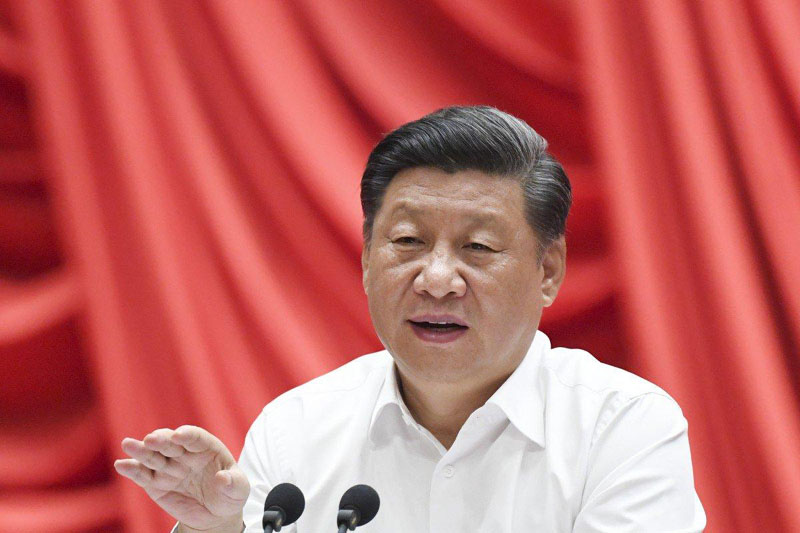 China-Hong Kong
China-Hong Kong
Expert shows how China repeats 1959 Tibet script in Hong Kong
A geo-political expert believes that the current socio-political re-engineering in Hong Kong — called the “Second Handover” by some — is following a script reminiscent of the happenings in Tibet in 1959.
"Following capture of the Tibetan border town Chamdo by the People’s Liberation Army in 1951, China and Tibet signed the Seventeen Point Agreement. It affirmed Chinese sovereignty over Tibet but granted the region autonomy.
"For a while, the Kashag (the Tibetan local government) remained in place and protected Tibetan’s religious and socio-economic systems," read an opinion piece written by Simon Shen, founding chairman of GLOs (Glocal Learning Offices), in The Diplomat.
"This autonomy – an early version of 'one country, two systems' – was instituted out of necessity, as it would take time to dissolve the existing network of local interest groups. The same consideration underlay the Hong Kong handover – 'one country, two systems' as promised by the Joint Sino-British Declaration was a means to buy time to get rid of the complex, interdependent interest groups in British Hong Kong, which would hinder a complete 'reunification with the motherland'," the expert wrote.
Shen said: "At the end of the Tibet uprising, Beijing terminated the Seventeen Point Agreement, dissolved the Kashag government, implemented land reform, and established Tibet Autonomous Region, which runs on a similar system as the rest of China – effectively ending Tibet’s eight-year autonomy. Likewise, in 2020 Beijing imposed a national security law in Hong Kong, which overrides all existing institutions and has changed the city beyond recognition."
Shen further said the ending of regional autonomy in both Tibet and Hong Kong and the following crackdown did lead to some international responses.
"For the Tibetan people, their hopes lie in passing down Tibetan culture by spreading it globally. For decades, the unique culture of Tibet has captivated Western audiences, but hopes for regaining their homeland remain bleak. As for Hong Kong, despite the mass emigration, millions of people will remain in the city to witness the post-national security law era," Shen said.
Support Our Journalism
We cannot do without you.. your contribution supports unbiased journalism
IBNS is not driven by any ism- not wokeism, not racism, not skewed secularism, not hyper right-wing or left liberal ideals, nor by any hardline religious beliefs or hyper nationalism. We want to serve you good old objective news, as they are. We do not judge or preach. We let people decide for themselves. We only try to present factual and well-sourced news.







